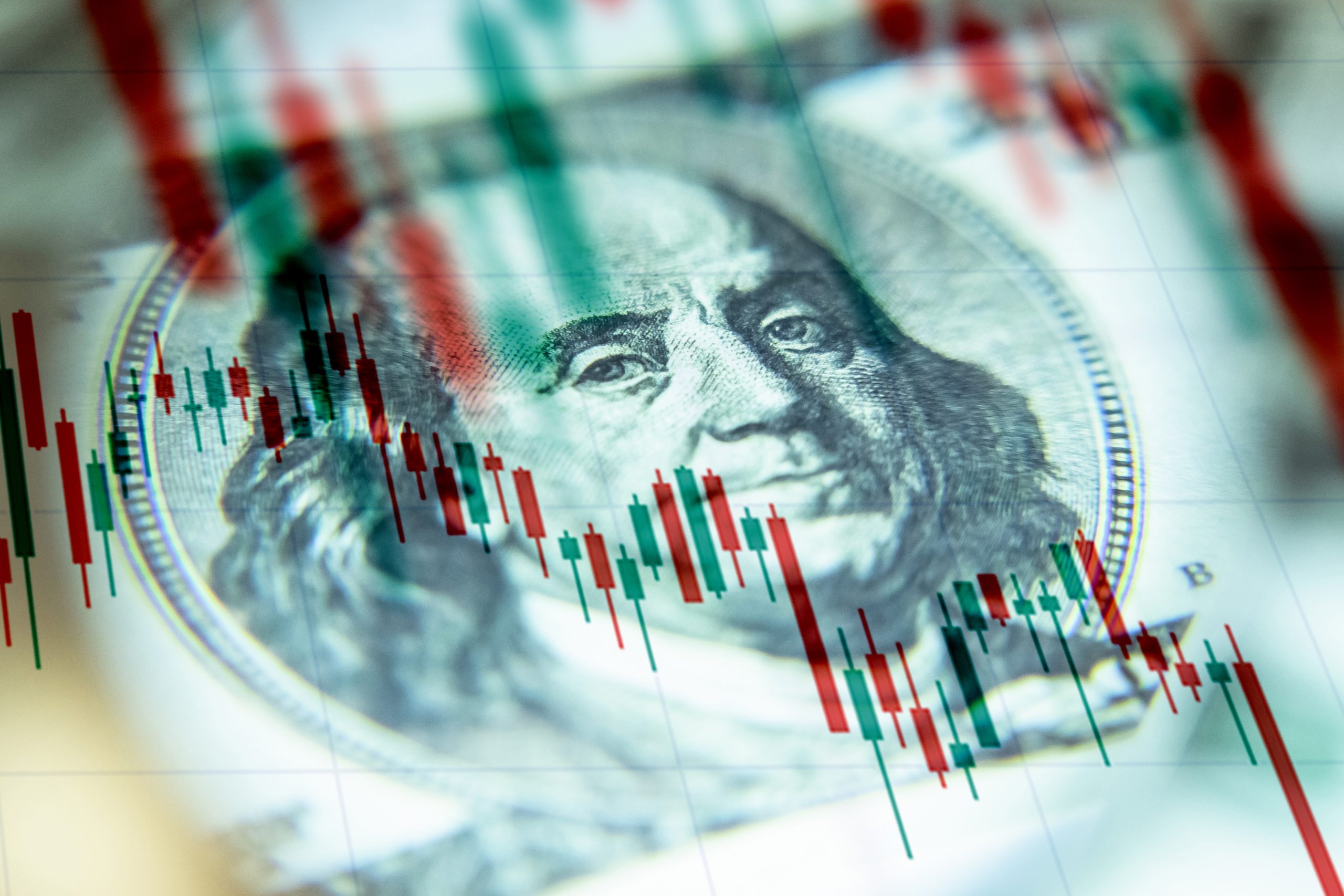France Warns of US Dollar Decline, Signals Economic Peril

French President Emmanuel Macron recently cautioned European countries to lower their dependence on the U.S. dollar, raising concerns about its future as the world’s reserve currency. Speaking to the media after a three-day state visit to China, Macron highlighted Europe’s need for strategic autonomy from the United States, including reducing reliance on the dollar.
These comments come amid ongoing tensions between the United States and China over Taiwan. The French president warned against European nations being dragged into the conflict, stating that doing so would prevent Europe from building its strategic autonomy. Instead, he urged European leaders to become self-reliant and focus on staying out of potential conflicts between Washington and Beijing.
The petrodollar system, which has supported the global economy since 1973, is threatened by the BRICs alliance (Brazil, Russia, India, China, and South Africa) as these emerging economies actively push for alternatives to the U.S. dollar. In addition, recent agreements, such as the one between China and Brazil to conduct bilateral trade in their currencies, could pose serious challenges to the petrodollar.
Europe’s continued support of the dollar has been a critical buffer against the petrodollar’s collapse. However, Macron’s recent statements could signal a shift in the European Union’s stance. A decline in the U.S. dollar’s status as the world’s reserve currency would have disastrous consequences for the American economy.
During his presidential campaign, Joe Biden promised a return to close cooperation with America’s allies. However, his administration has faced numerous foreign policy failures, such as the chaotic withdrawal from Afghanistan and the ongoing war in Ukraine. As a result, the United States is struggling to rally allies to its cause.
Macron’s comments emphasize Europe’s desire for independence from the United States and reflect a broader trend of countries moving away from US-led economic systems. As China’s influence grows and the United States faces mounting challenges, the decline of the U.S. dollar could significantly impact the American economy.
The French president’s remarks also highlighted the divisions within the European Union regarding relations with China. While some E.U. leaders, such as E.U. Council President Charles Michel, support increased trade with Beijing, others, like E.U. Commission President Ursula von der Leyen, have been more critical.
Macron’s call for European nations to reduce their dependence on the U.S. dollar and resist being drawn into the China-US conflict over Taiwan raises concerns about the future of the American economy. As more countries look for alternatives to the U.S. dollar, the risk of a decline in the dollar’s status as the world’s reserve currency grows.
It remains to be seen whether other European leaders will widely adopt Macron’s views. Still, his comments underscore the importance of re-evaluating the United States’ role in the global economy.
























